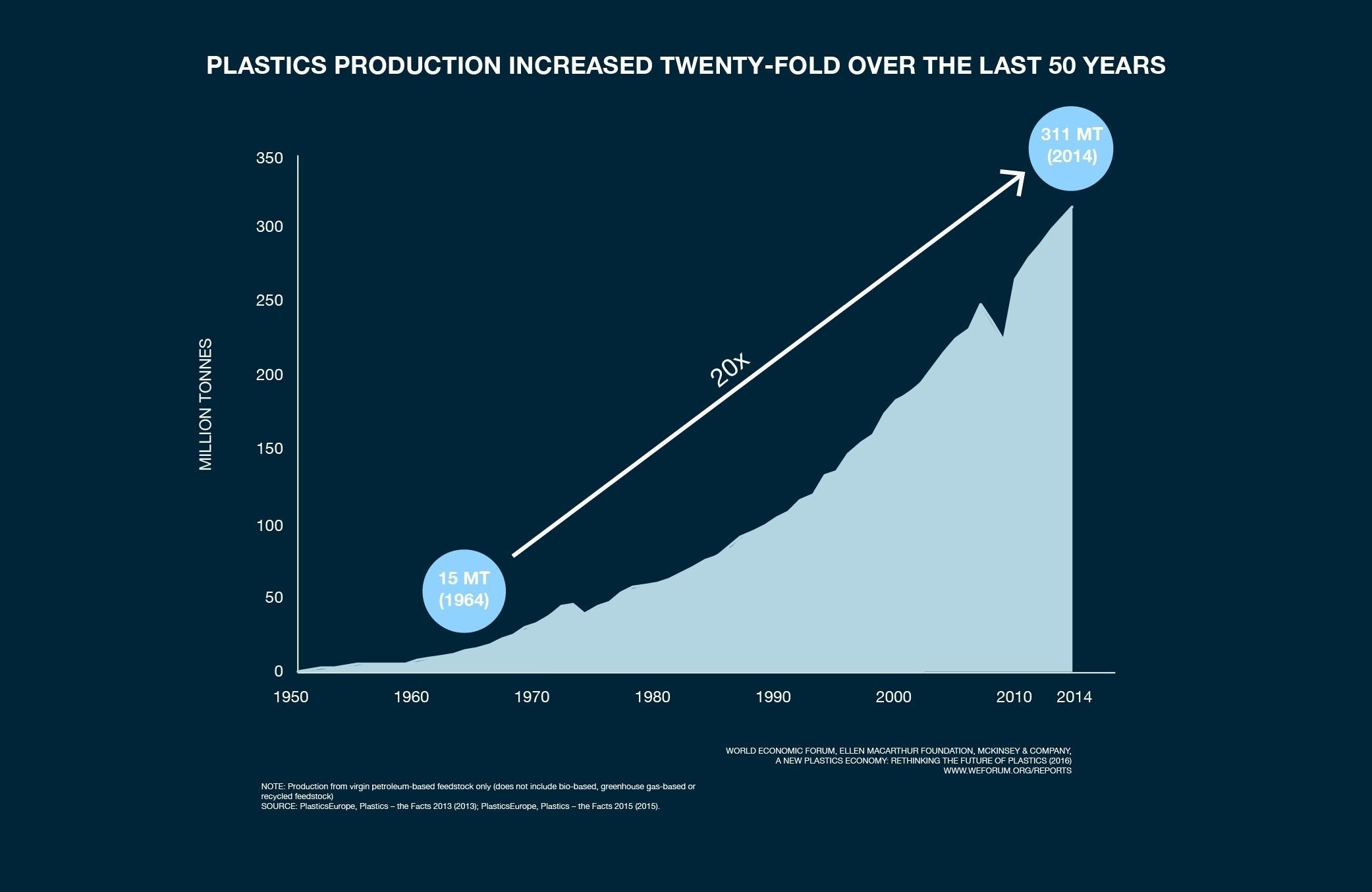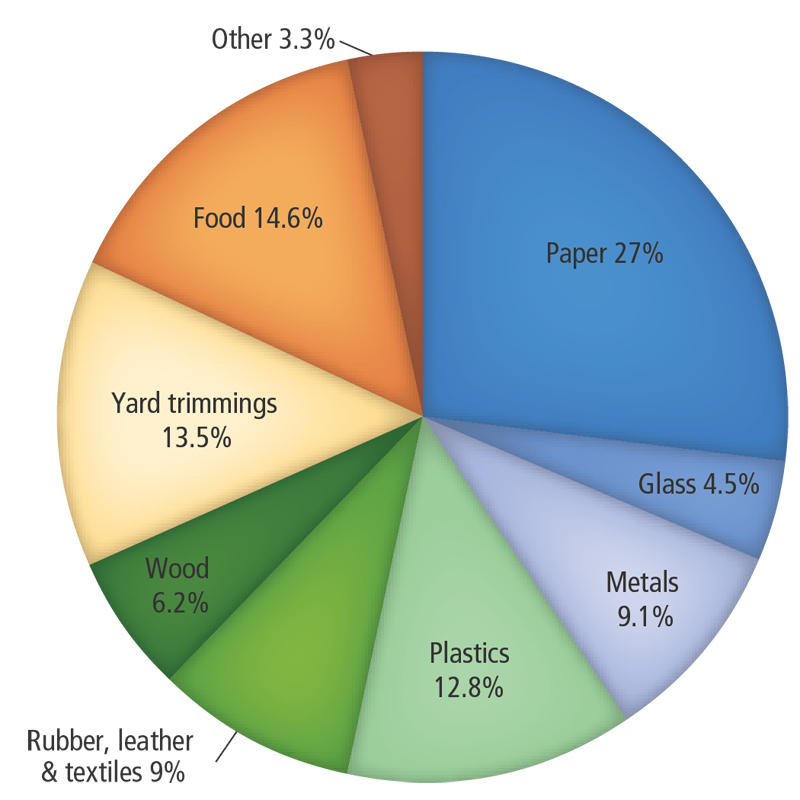Should Oregon implement a statewide ban on plastic bags?
If you’re wondering why we posed this question in particular, it’s simply because we live in an incredibly plastic world. Plastic dominates almost every aspect of nearly everyone’s life, from packaging to clothing and everything in between. As a result, plastic pollution is becoming an increasing concern for marine life advocates and landfills across the globe, where plastic continues to disrupt ecosystems and harm the environment. Since the onset of the Industrial Revolution and the development of a consumer-focused economy, global plastic production has been dominated by standards of cheap, readily available, and not-so-green practices.

With plastic rapidly becoming more of an incessant eyesore and world pollutant, many activists and environmentalists believe in plastic bag bans as a big step towards reducing our ecological and carbon footprint (SurfRider, 2016). Plastic bags account for a large portion of the plastic that ends up in oceans, storm drains and landfills across the world, and many bag bans have been put in place to help combat these effects. With a ban implemented in Oregon, supporters could see a sharp reduction in the state’s overall contribution to plastic pollution, a larger focus on sustainable packaging and a lessened dependency on foreign oil reserves. Globally, marine animals may lead healthier lives and toxic chemicals released into the water and air could be reduced (Hunt, 2017).
However, individuals on the other side of the debate believe that a plastic bag ban could actually do more harm to the environment. By implementing a statewide ban, opponents of the measure argue that paper bag use will inherently rise, increasing air pollution and water toxicity through the variety of chemicals used to treat paper (Tyler, 2012). In addition, by avoiding plastic bags individuals may contribute to the pesticide industry by reaching for cotton, reusable bags. Cotton is a highly treated crop that requires the use of several types of pesticides, which may be acutely toxic to both animals and humans.

Plastic bag bans have become increasingly popular across the nation and globally as one of the main forms of fighting plastic pollution. In the state of Oregon, larger cities like Portland and Eugene have already implemented their own plastic bag bans for major grocery stores, but the environmental benefits are still largely debated by local communities. Here, we will delve deep into the issue of plastic and its polluting capacities, and offer a suggestion to Oregon on how to best contribute to a reduction in our carbon footprint.
References
SurfRider. “Plastic Pollution .” SurfRider. N.p., 2016. Web. 30 May 2017. <https://www.surfrider.org/initiatives/plastic-pollution>.
Hunt , Elle. “38 million pieces of plastic waste found on uninhabited South Pacific island.” The Guardian . N.p., 15 May 2017. Web. 30 May 2017. <https://www.theguardian.com/environment/2017/may/15/38-million-pieces-of-plastic-waste-found-on-uninhabited-south-pacific-island>.
Tyler , David . “Paper or Plastic? The Answer Might Surprise You.” CAScade. N.p., 2012. Web. 30 May 2017. <http://cascade.uoregon.edu/fall2012/expert/expert-article/>.

When was this article published?
Interesting topic for a blog. I have been searching the Internet for fun and came upon your website. Fabulous post. Thanks a ton for sharing your knowledge! It is great to see that some people still put in an effort into managing their websites. I’ll be sure to check back again real soon. weeklyfanz
I found so many interesting stuff in your blog especially its discussion. Really its great article. Keep it up.
I’m constantly searching on the internet for posts that will help me. Too much is clearly to learn about this. I believe you created good quality items in Functions also. Keep working, congrats! megaspin 777 login
You have made some decent points there. I looked on the internet for more information about the issue and found most people will go along with your views on this web site. bandar slot gacor
Hi there, I found your blog via Google while searching for such kinda informative post and your post looks very interesting for me. coloksgp
We are truly thankful for your blog entry. You will discover a great deal of methodologies in the wake of going to your post. I was precisely scanning for. A debt of gratitude is in order for such post and please keep it up. 실시간무료스포츠중계보는곳
I was very impressed by this post, this site has always been pleasant news Thank you very much for such an interesting post, and I meet them more often then I visited this site. 스포츠생중계
I definitely enjoying every little bit of it. It is a great website and nice share. I want to thank you. Good job! You guys do a great blog, and have some great contents. Keep up the good work 야구스코어
Great article with excellent idea!Thank you for such a valuable article. I really appreciate for this great information.. best anonymous casinos
This content was exactly what I was looking for. Much appreciated! Learn more